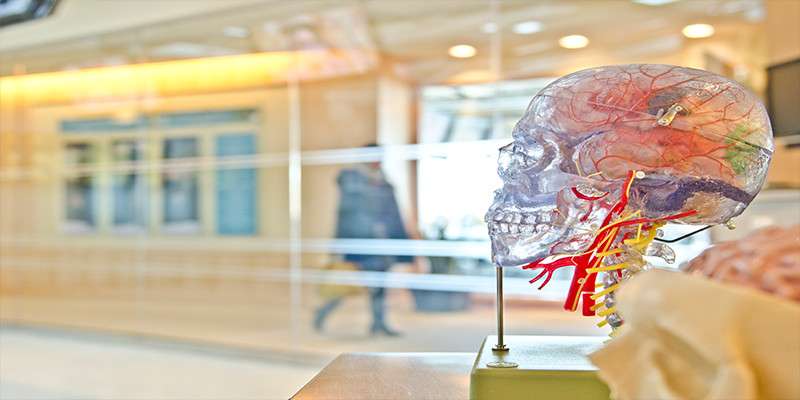Many people consider donating their body to science in lieu of choosing a funeral followed by cemetery burial.
If you are interested in donating your body to science and making a contribution that benefits others, Medcure is one of the oldest and most respected programs to do so. If you quality for a body donation, Medcure will arrange for your body to be donated, and then will organize the rest of the remains to be cremated and returned to the family within 3-5 weeks for no cost. If you would like to know more, please call (866) 437-9526 and someone will be able to assist you and answer any questions.
Donating your body to science: a basic description
When you choose to donate a deceased body to science, you are essentially donating the body to aid medical research - usually to teach medical students about anatomy.
When you donate a body, a representative from the medical school picks up the body and takes it to back to the school school where it's embalmed and stored. The body is used to teach anatomy to medical students during the following semester's classes. After the semester ends, the body is cremated.
The cremated remains (i.e. cremains) are either returned to the family or buried in communal plot in a cemetery near the medical school.
Families choosing to donate a body to science can still choose to hold their own memorial service after the death; however, in cases of body donation, the cremains will not be present during the memorial service (because the body needs to be transported to the medical school immediately following death).
The medical school usually holds a single memorial service for all of the bodies used during the previous semester's classes, and surviving family members are invited to attend the ceremony. The medical school's memorial service occurs approximately two years after the date of death.
After the school holds their memorial service, the cremains are usually buried in a cemetery near the medical school. However, the family can also request the cremains be returned to the family. Again, this occurs nearly two years after death.









